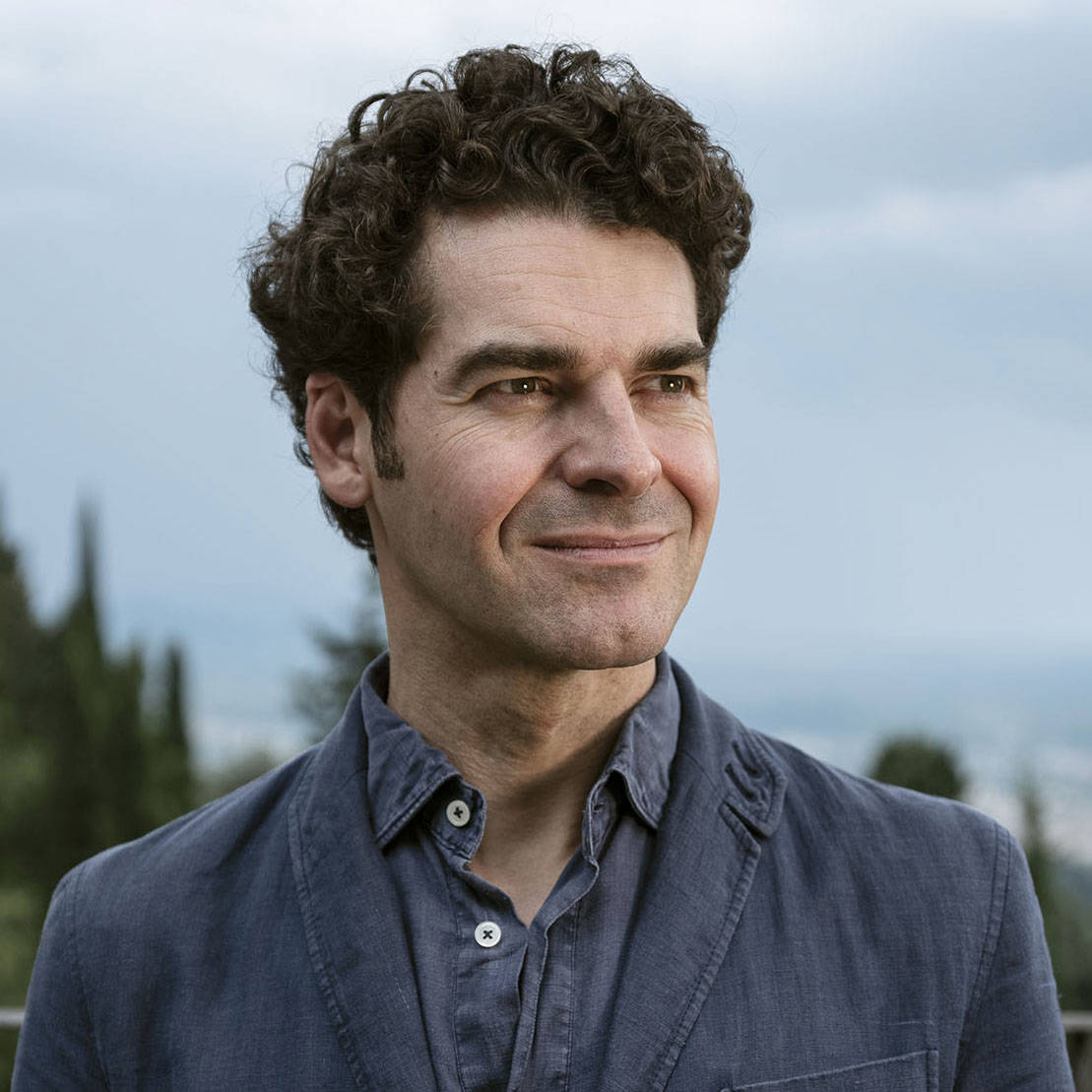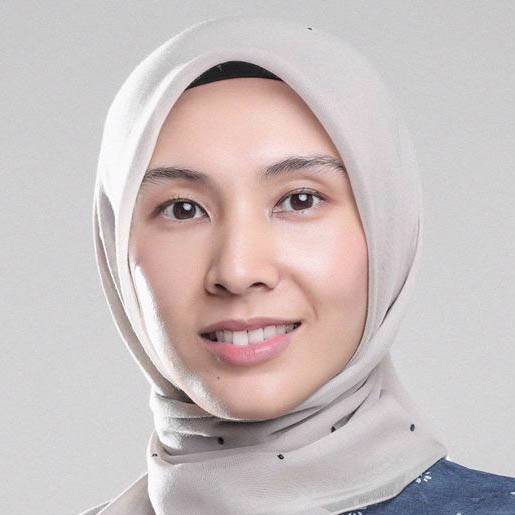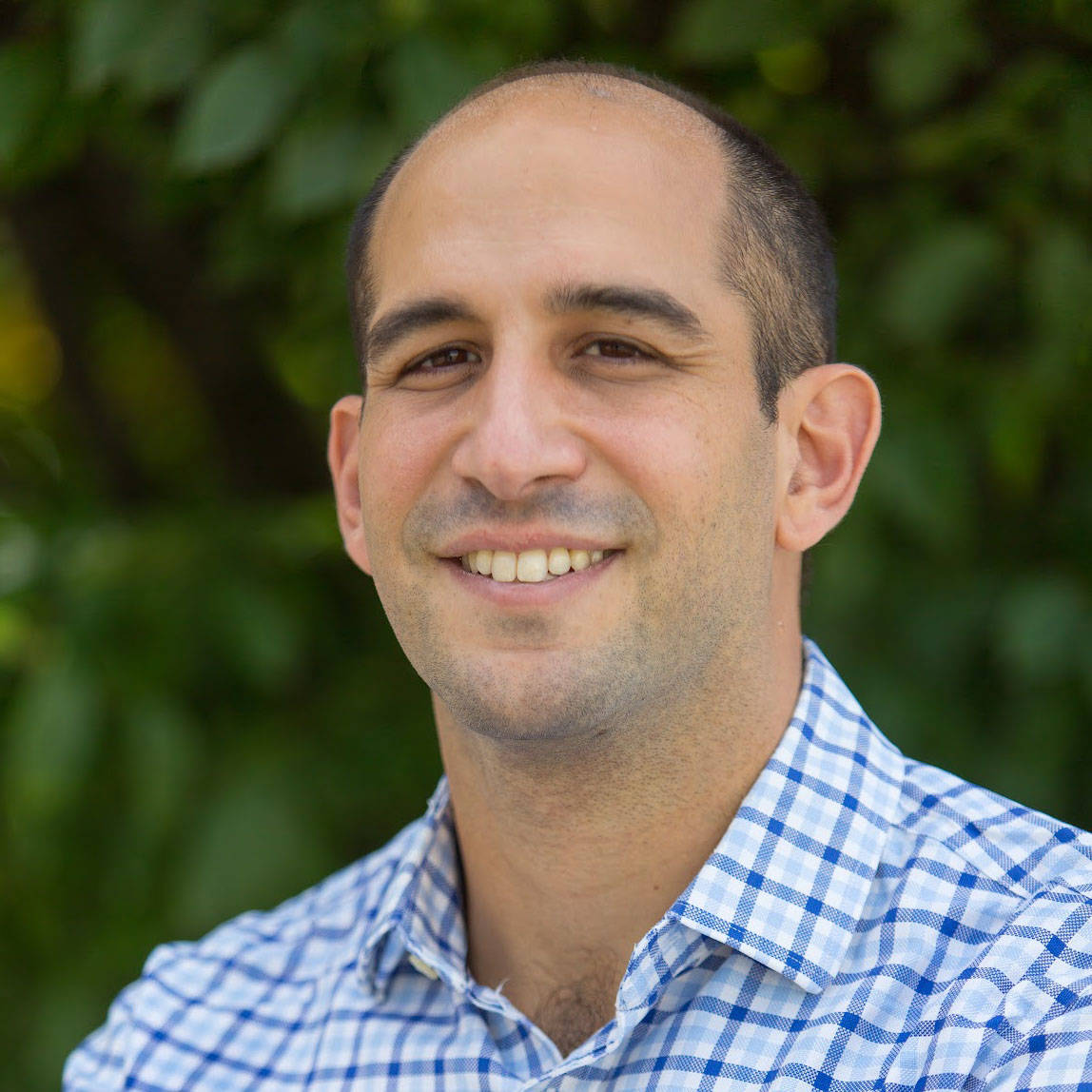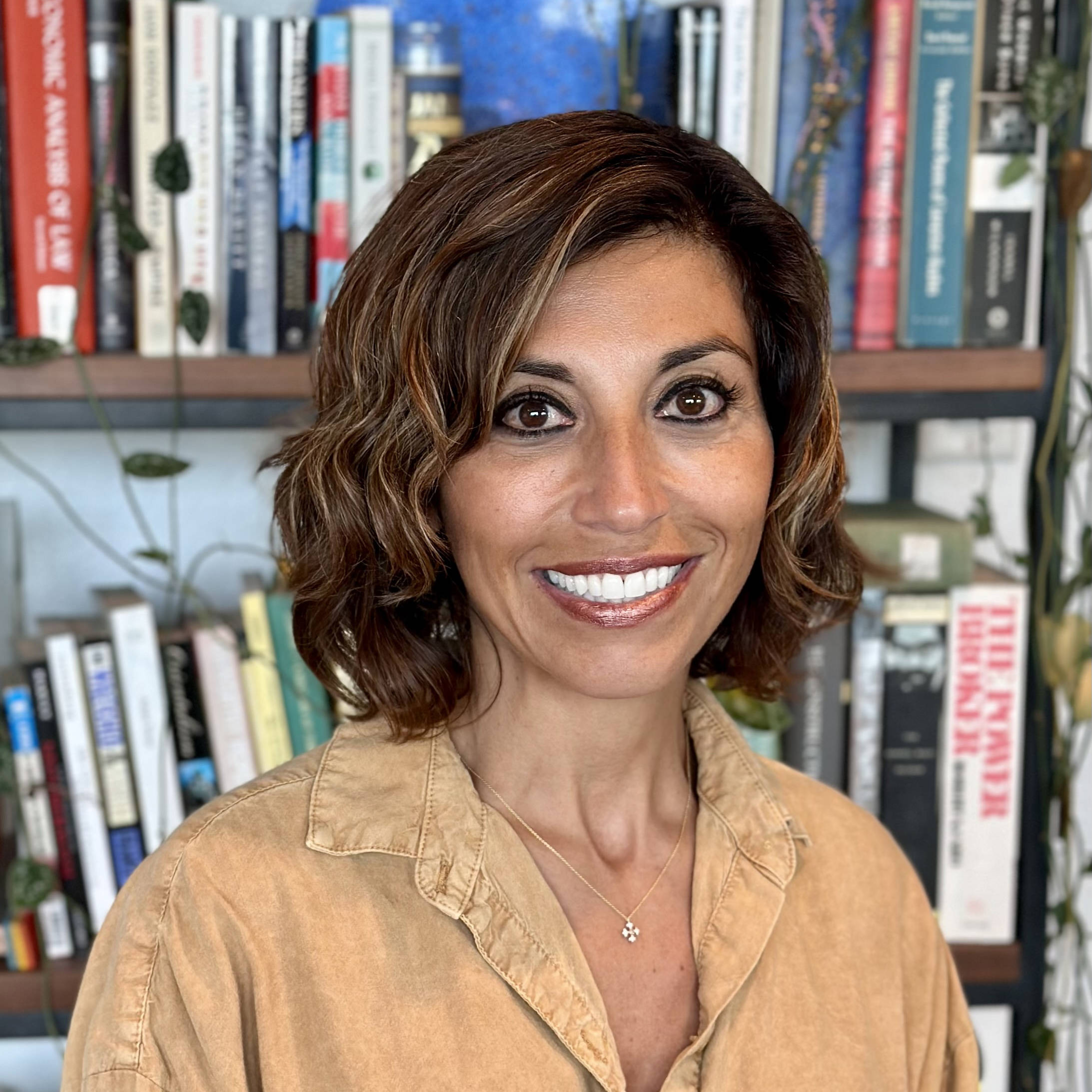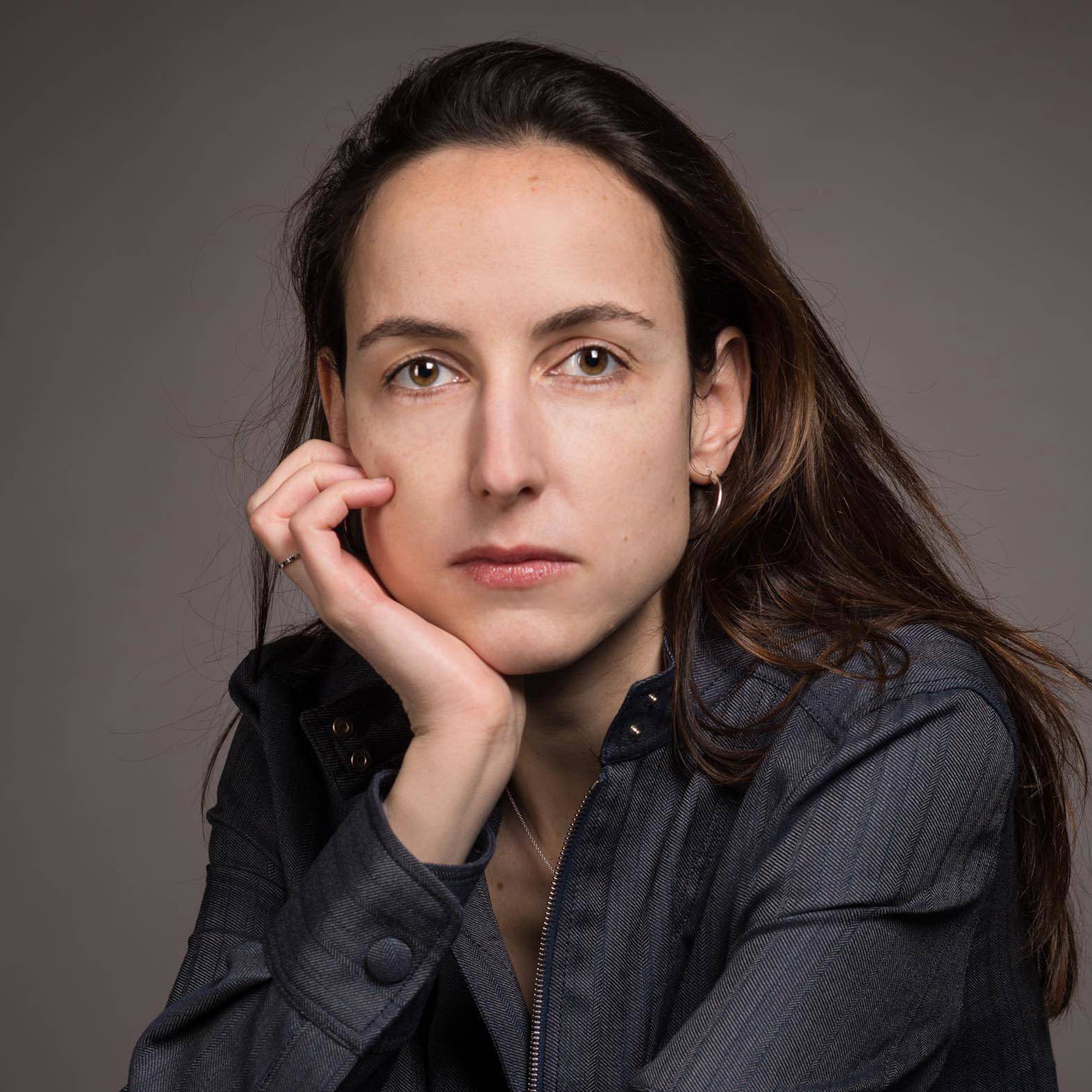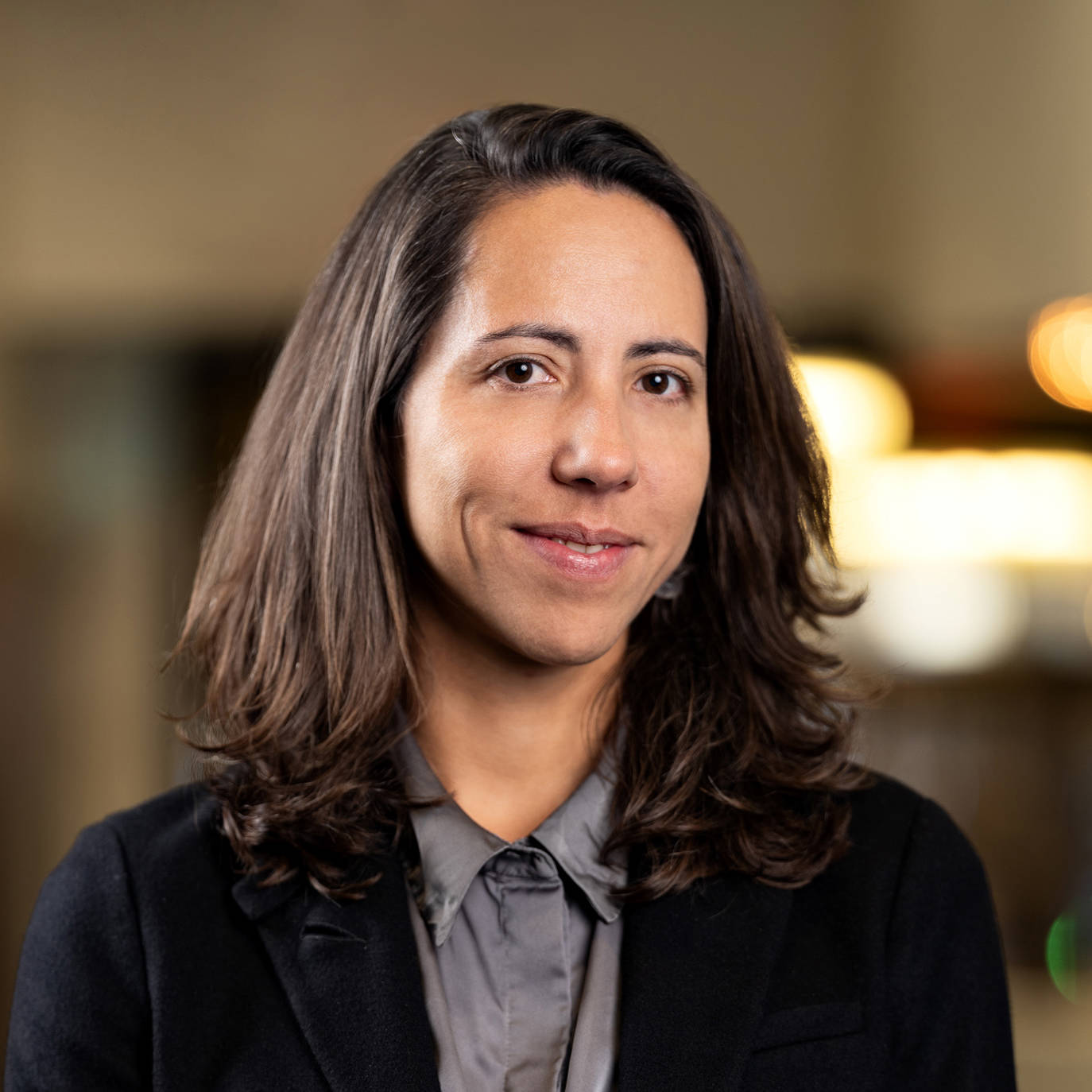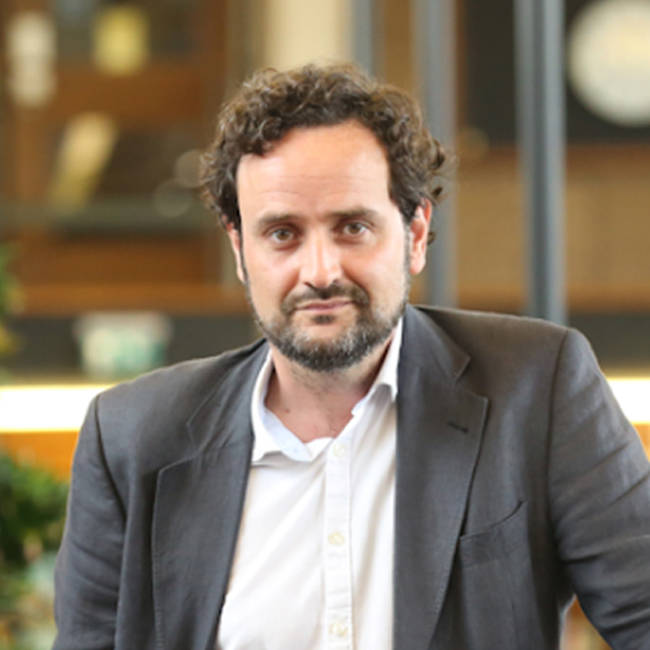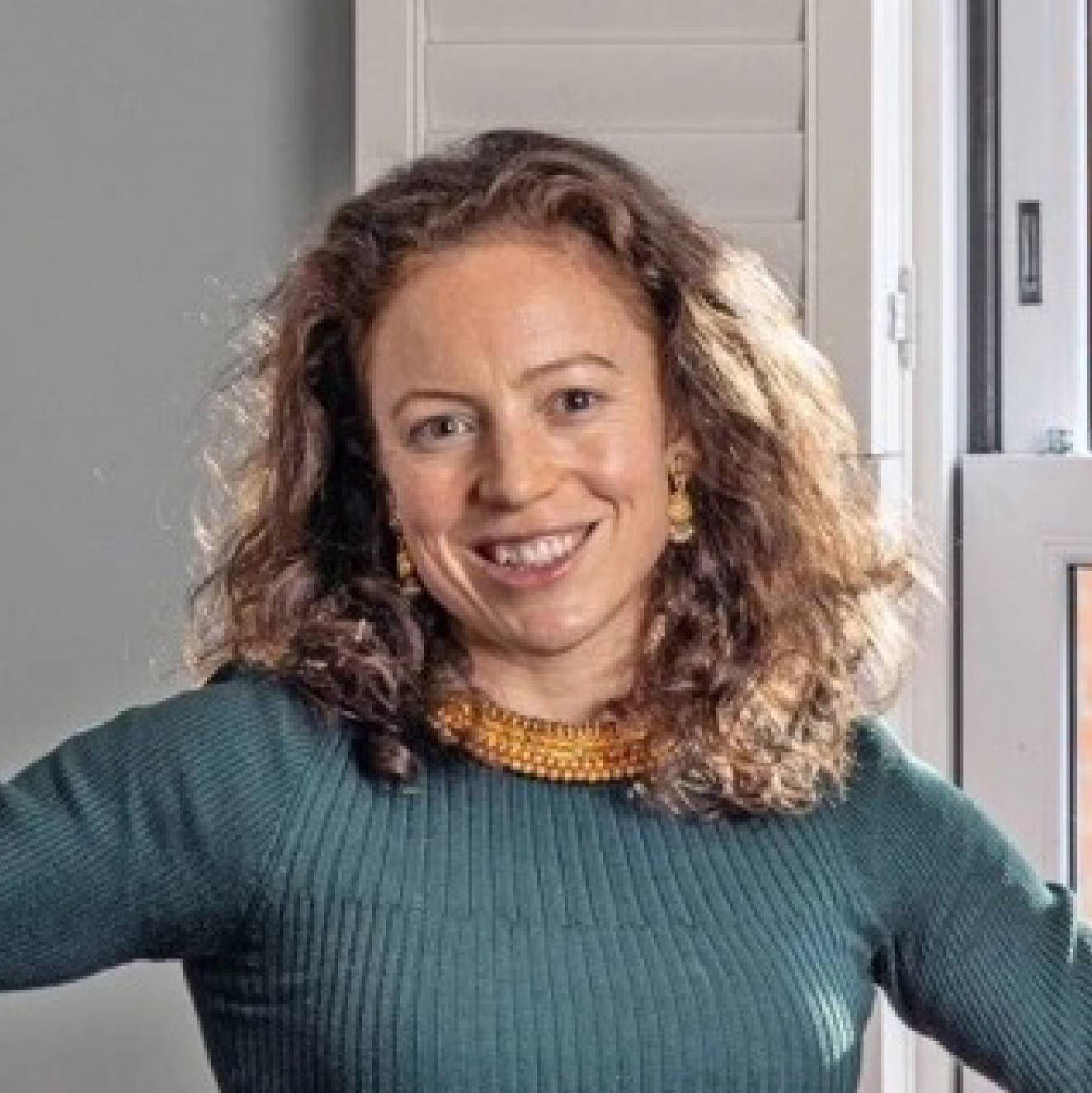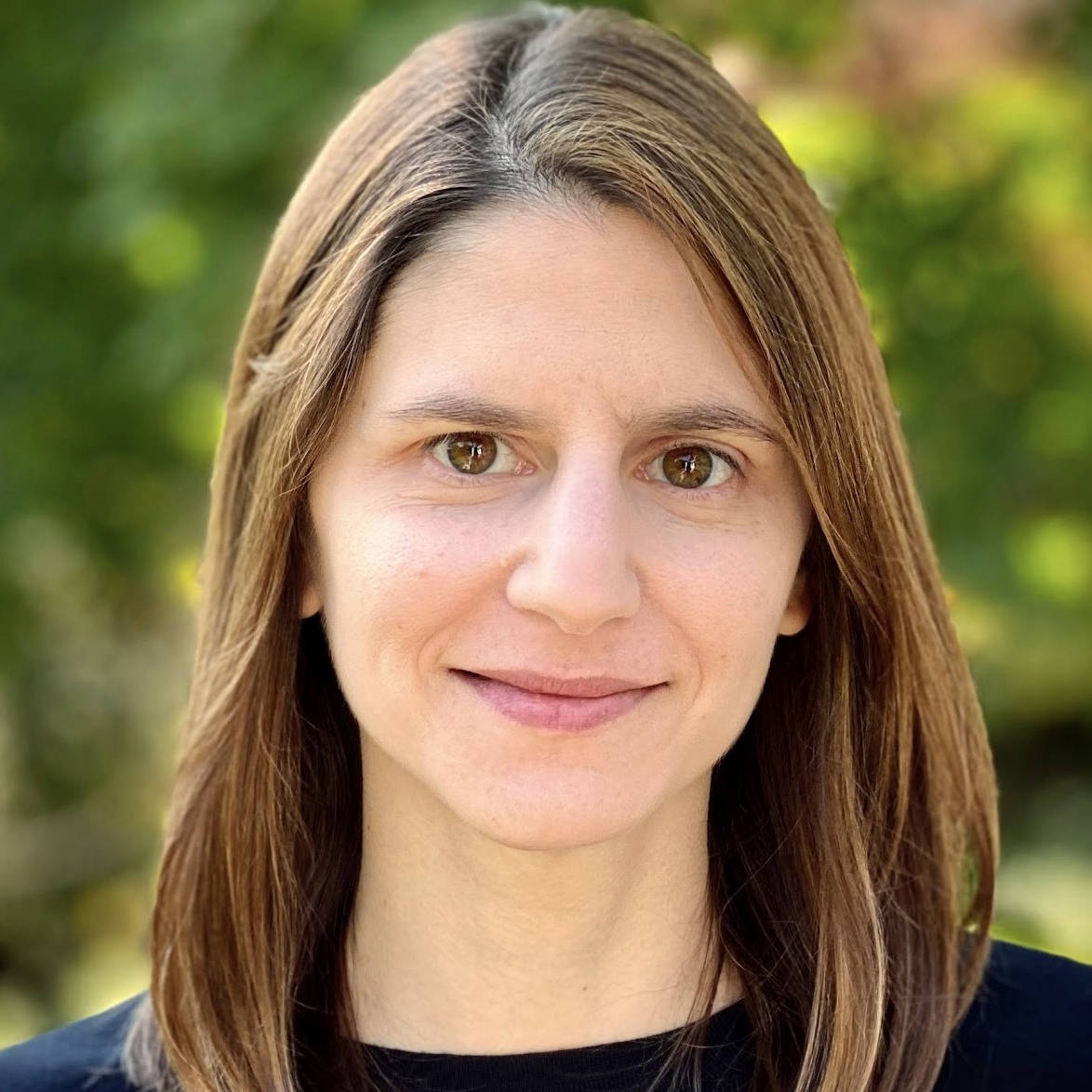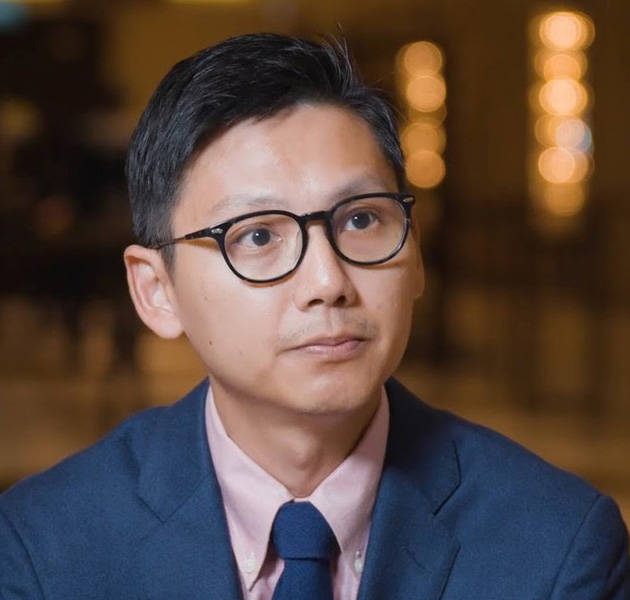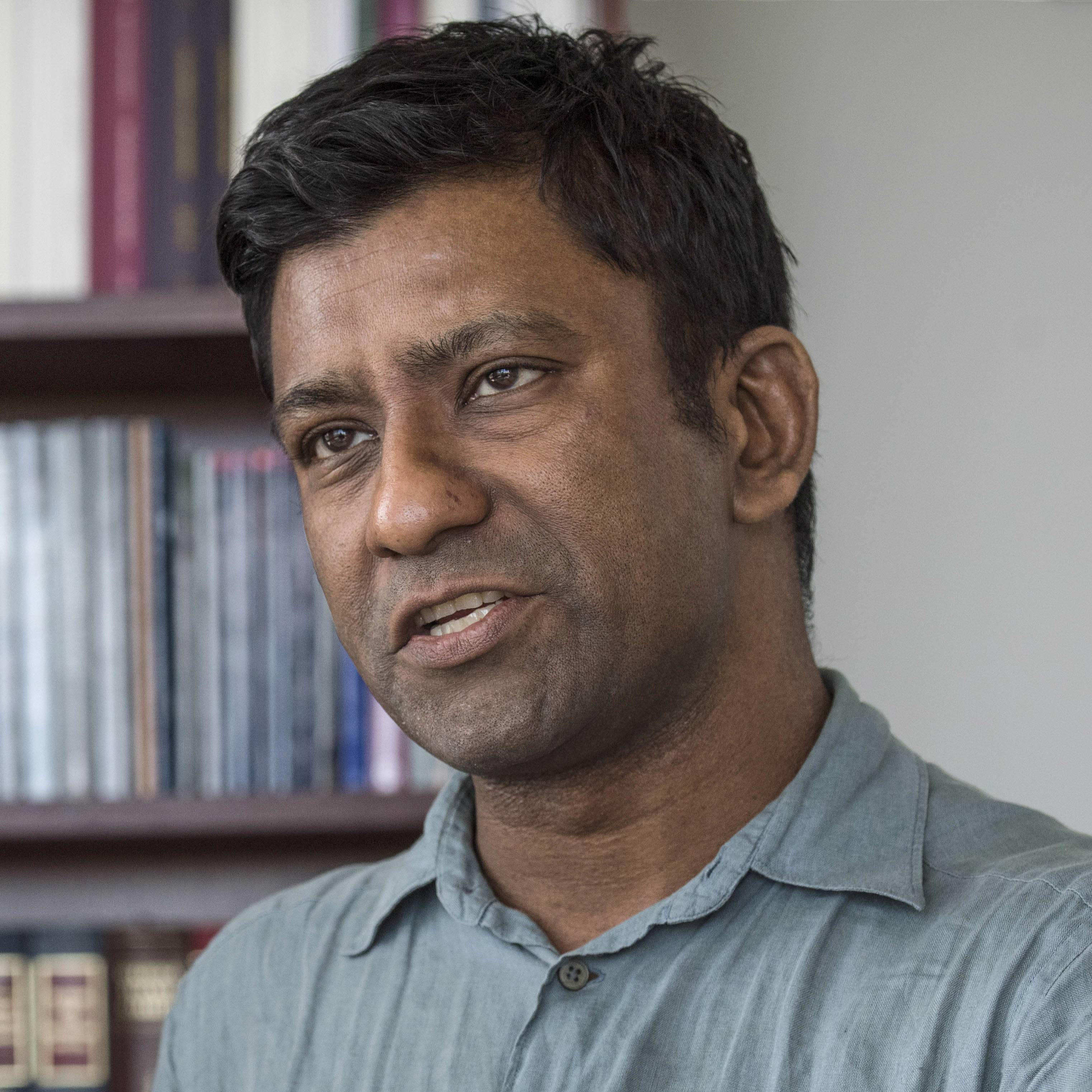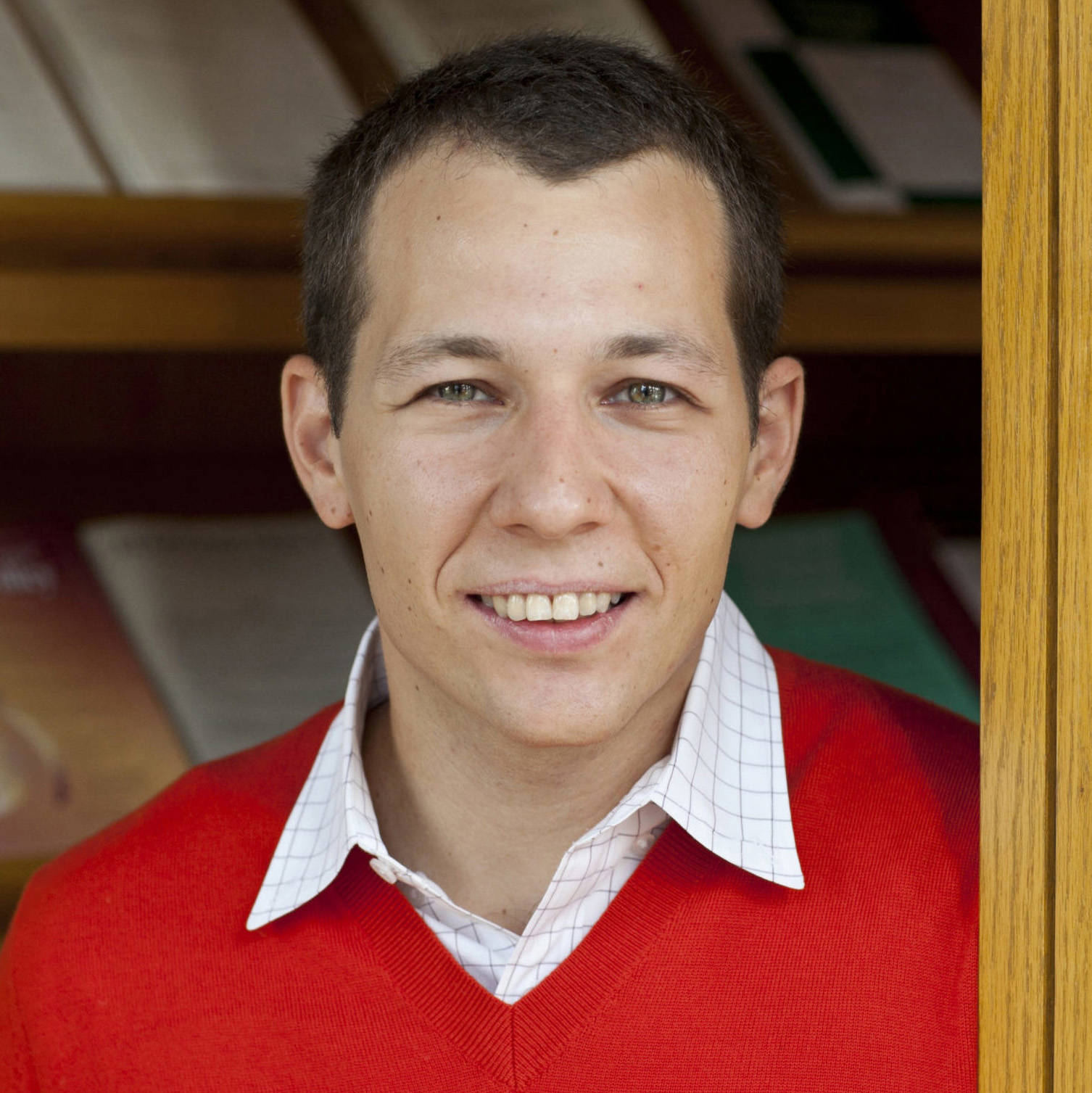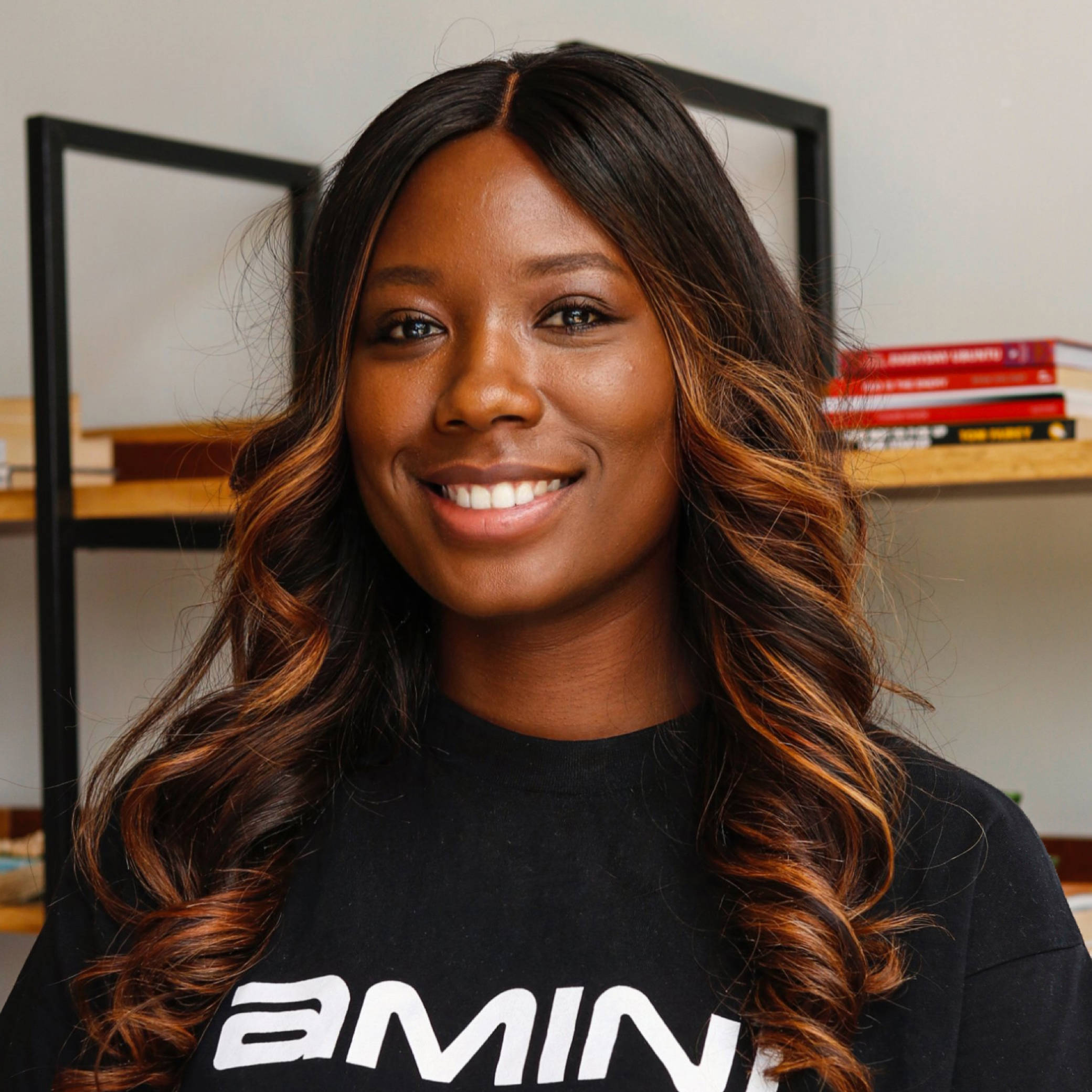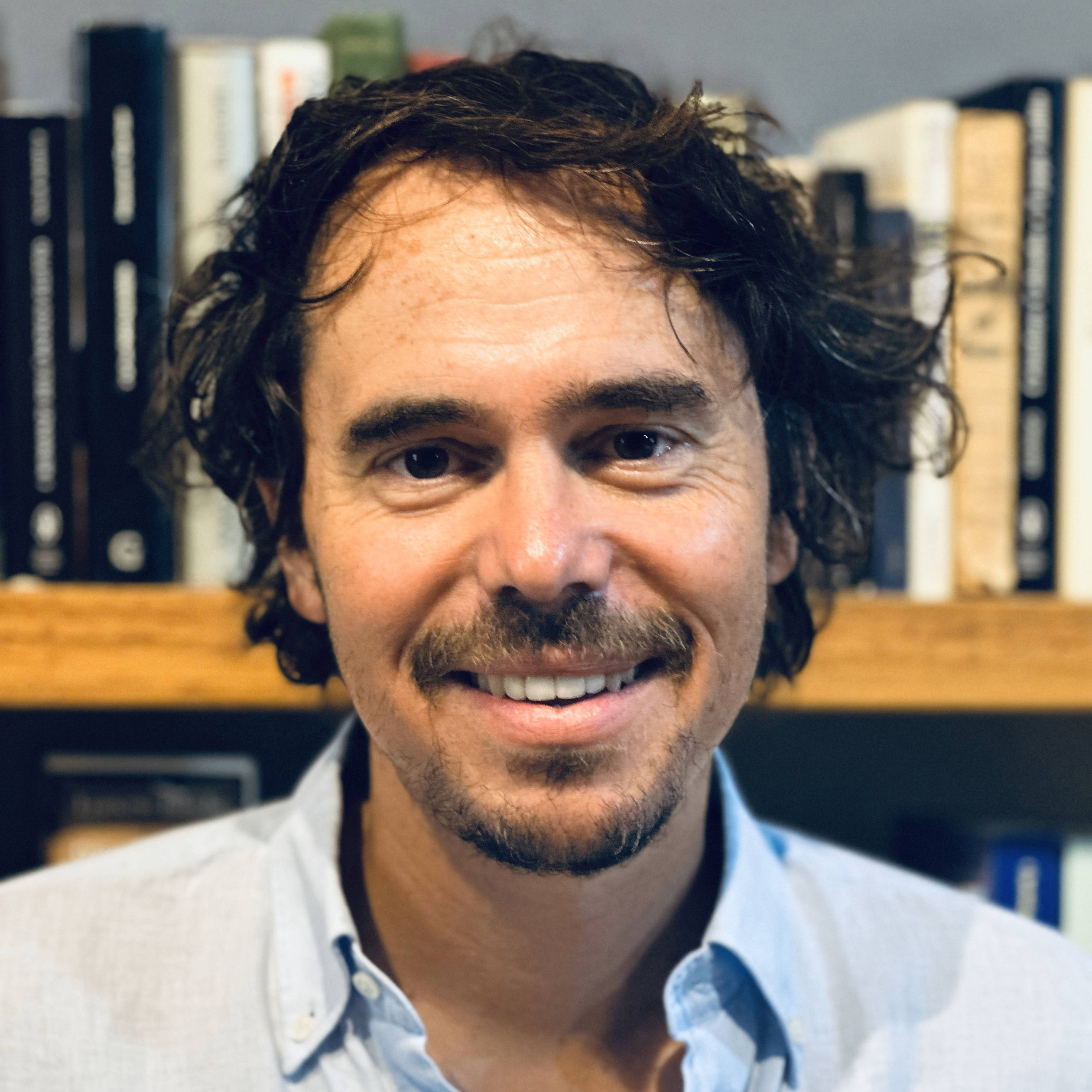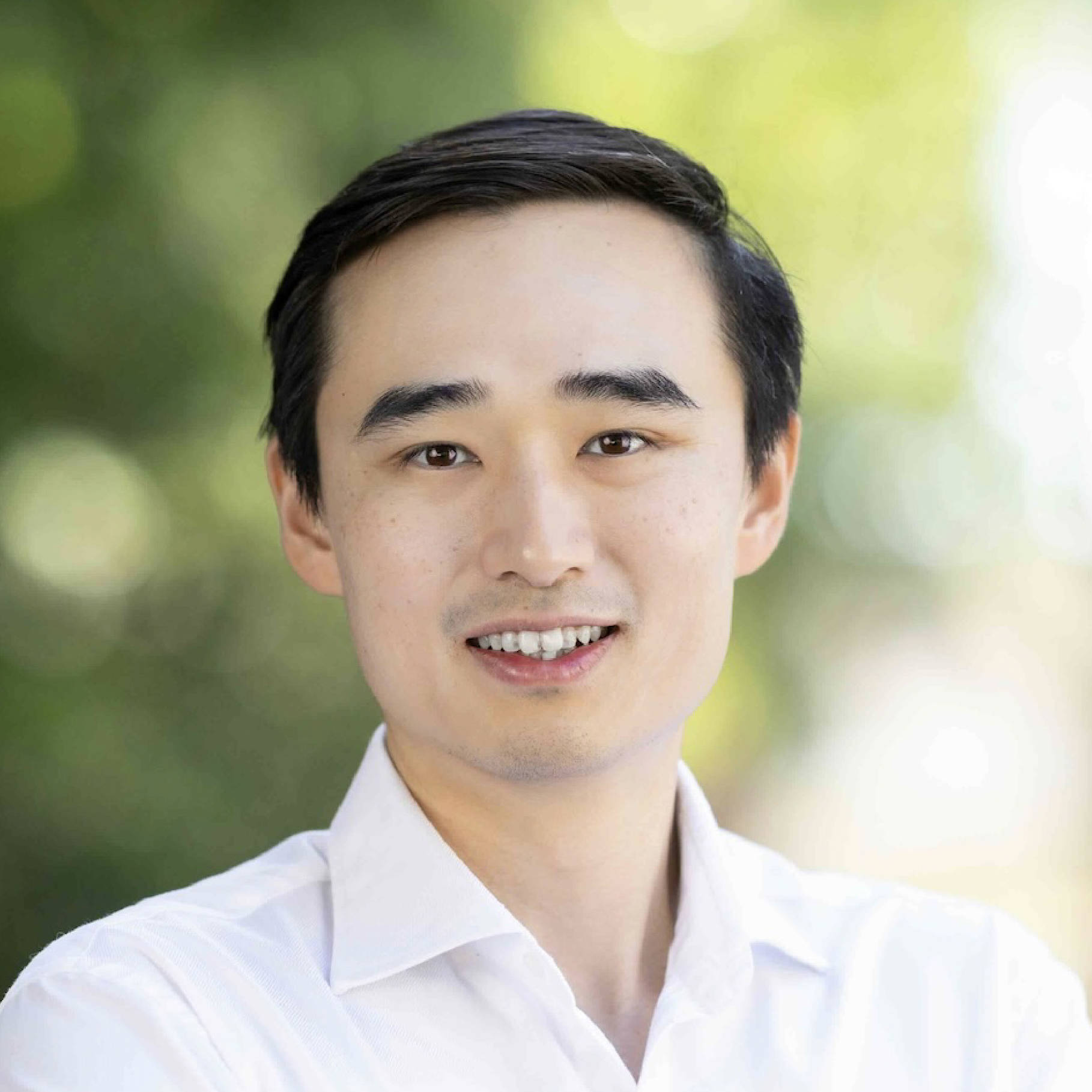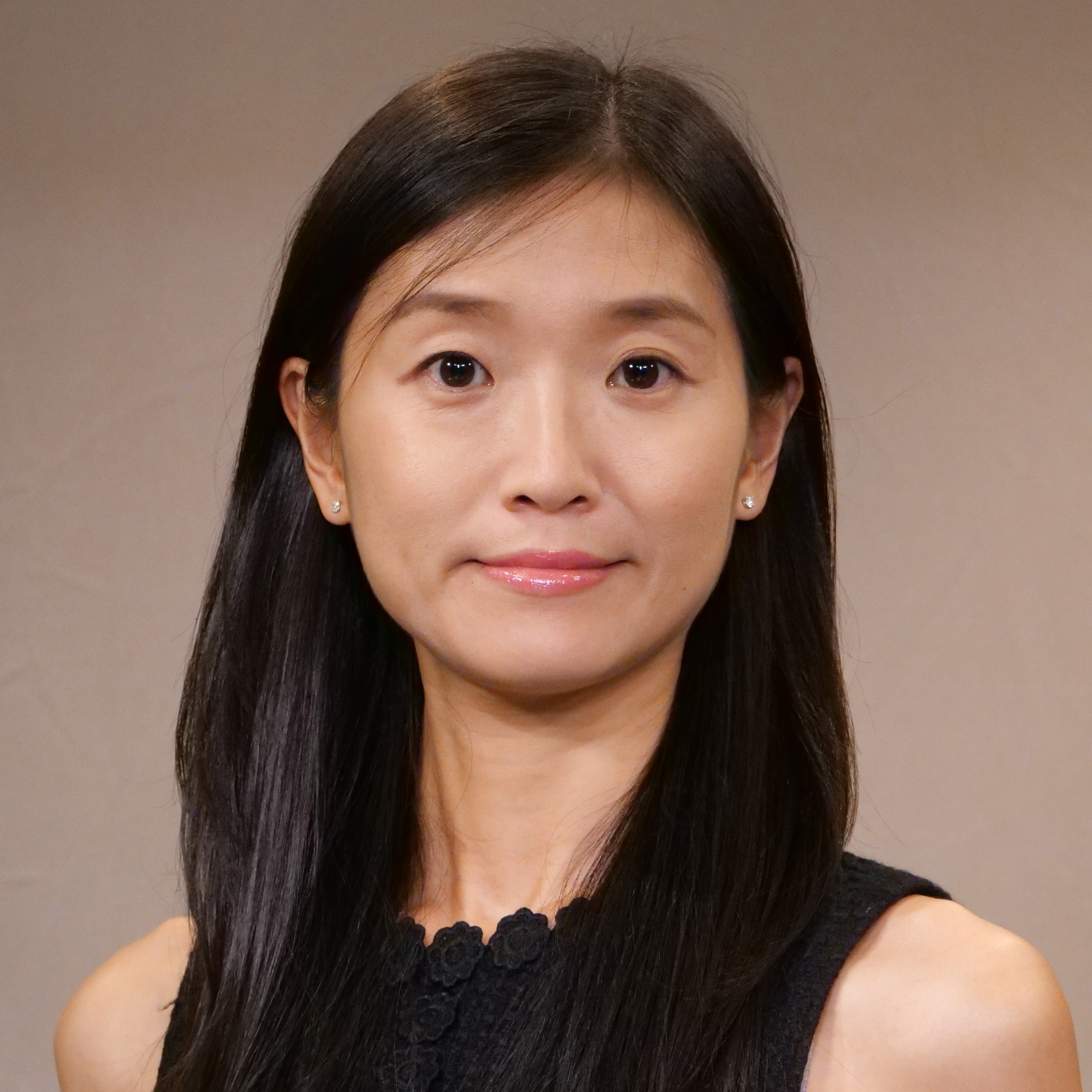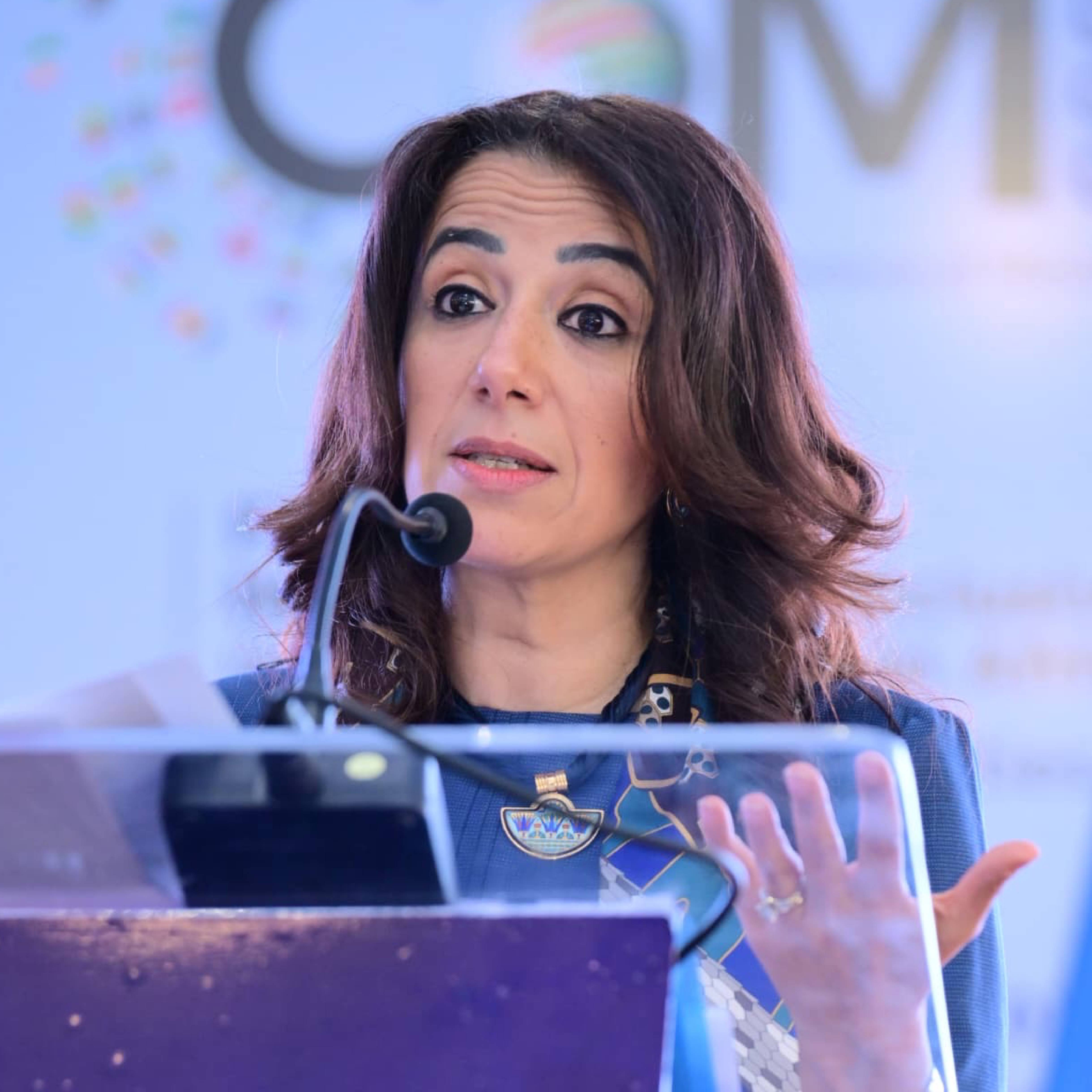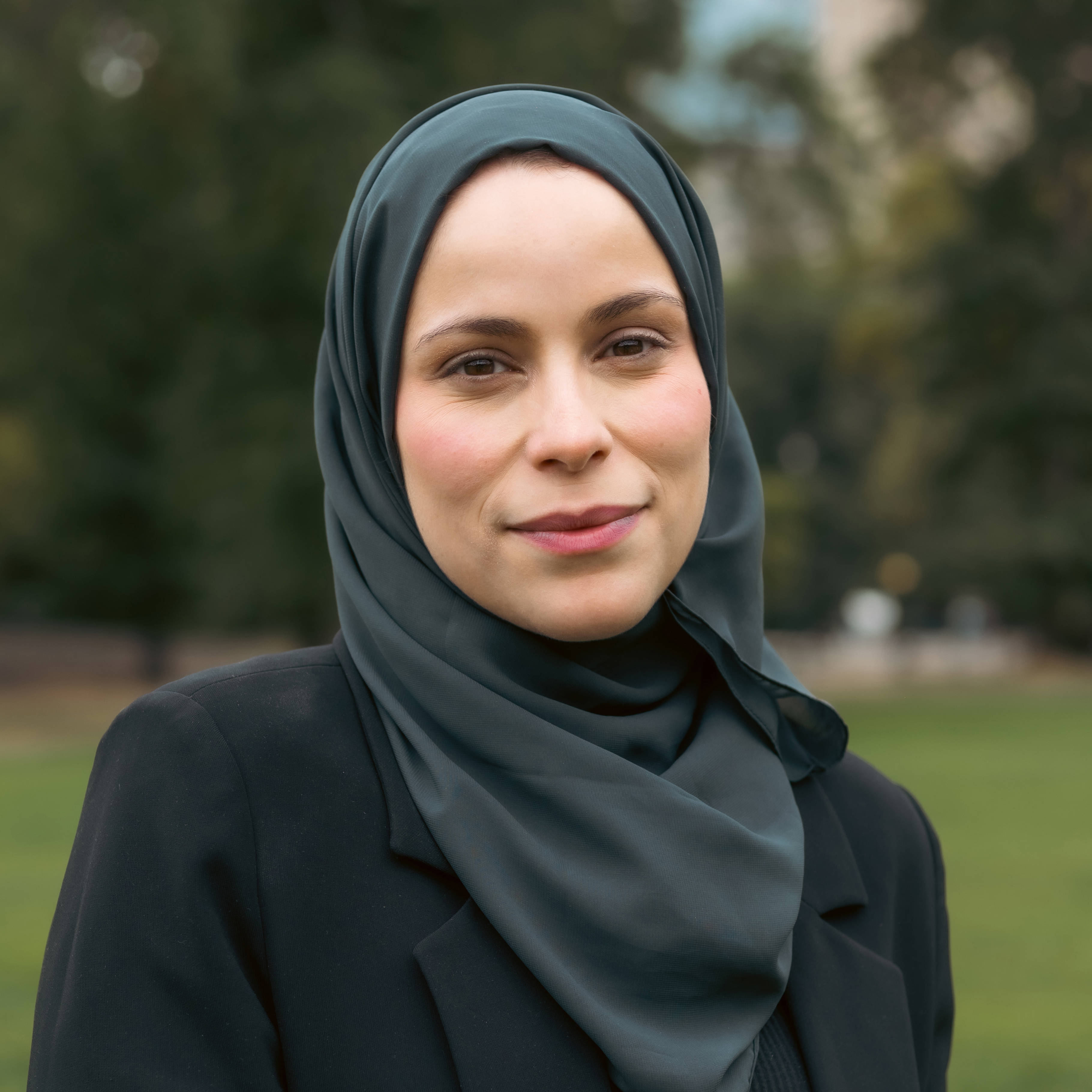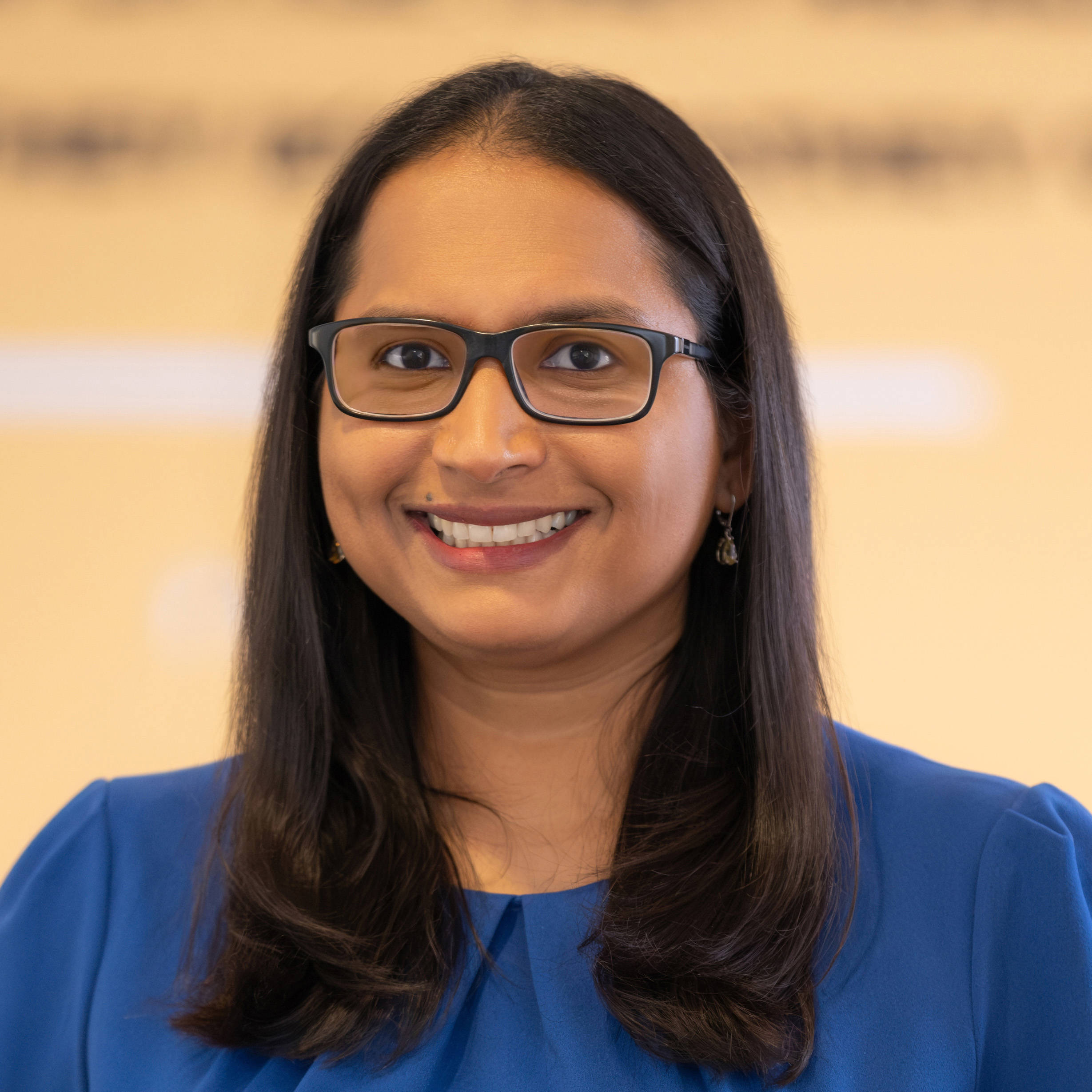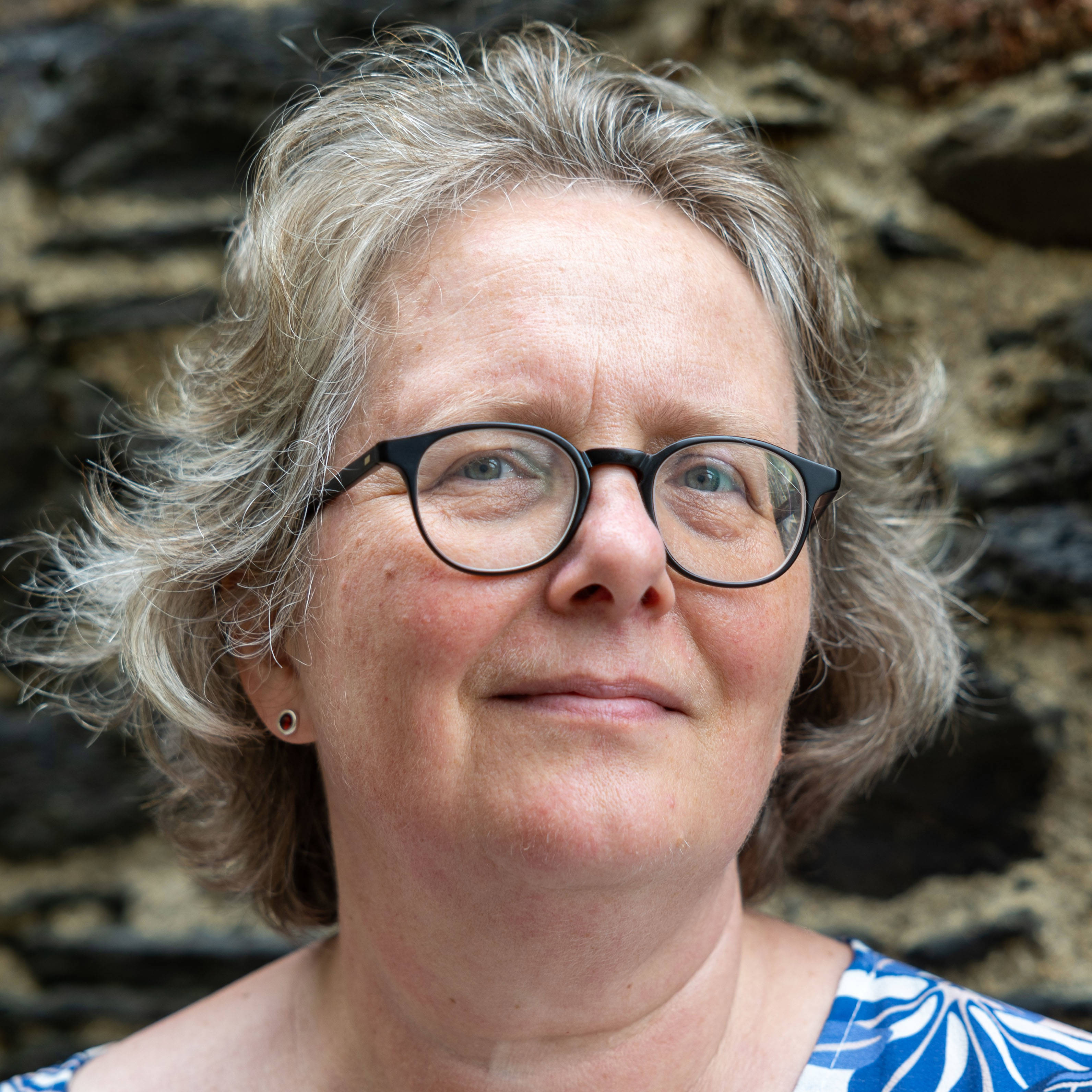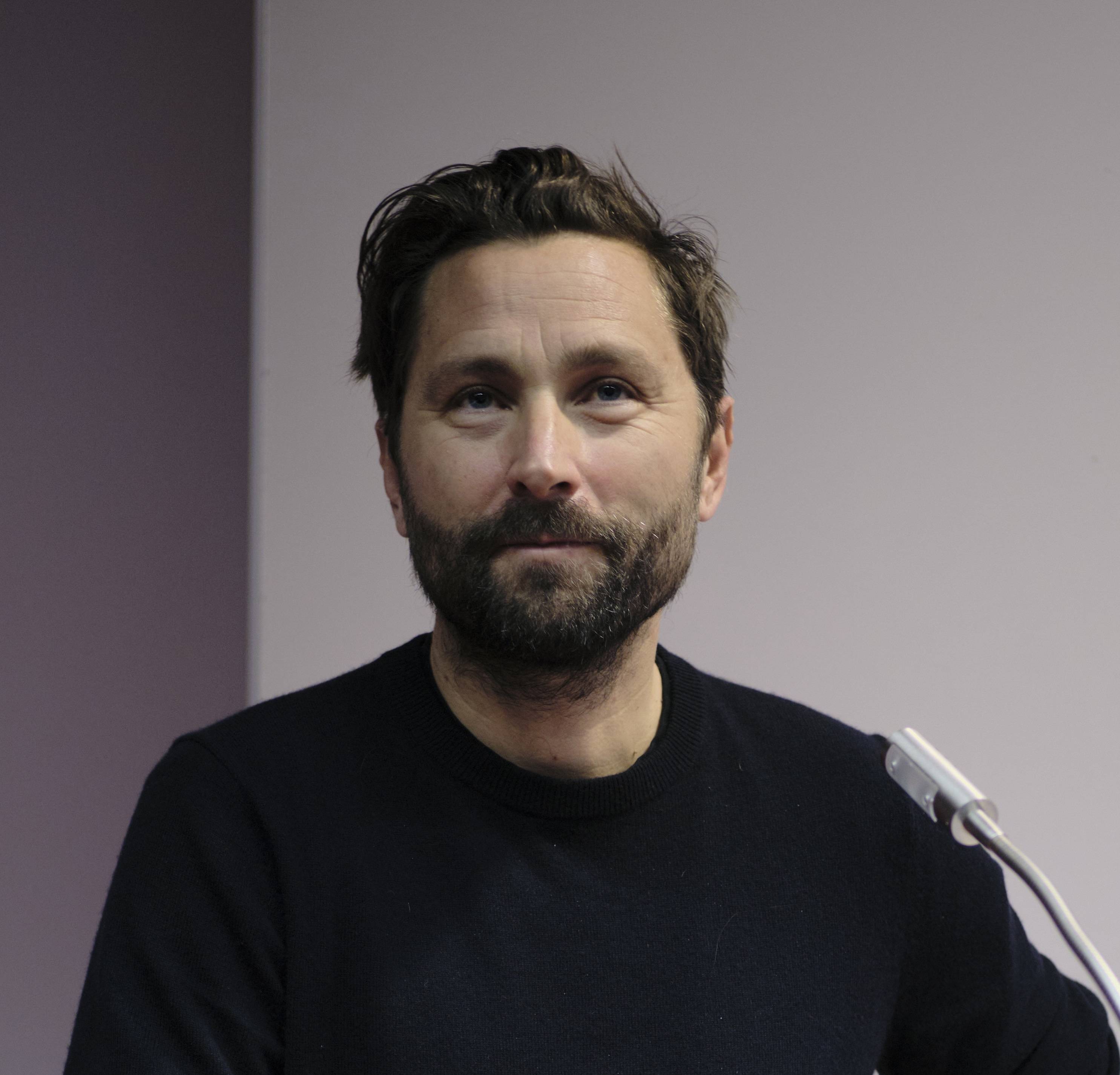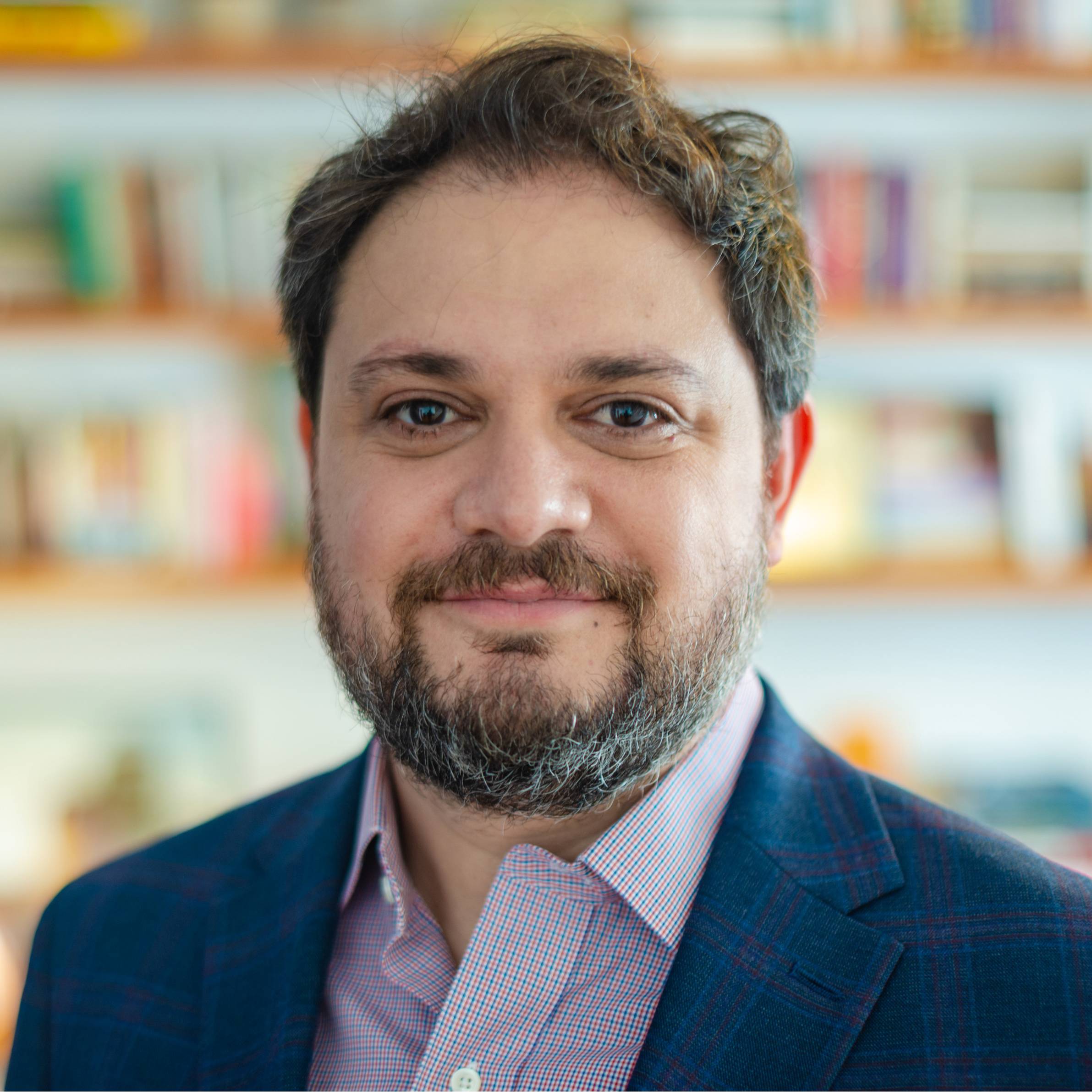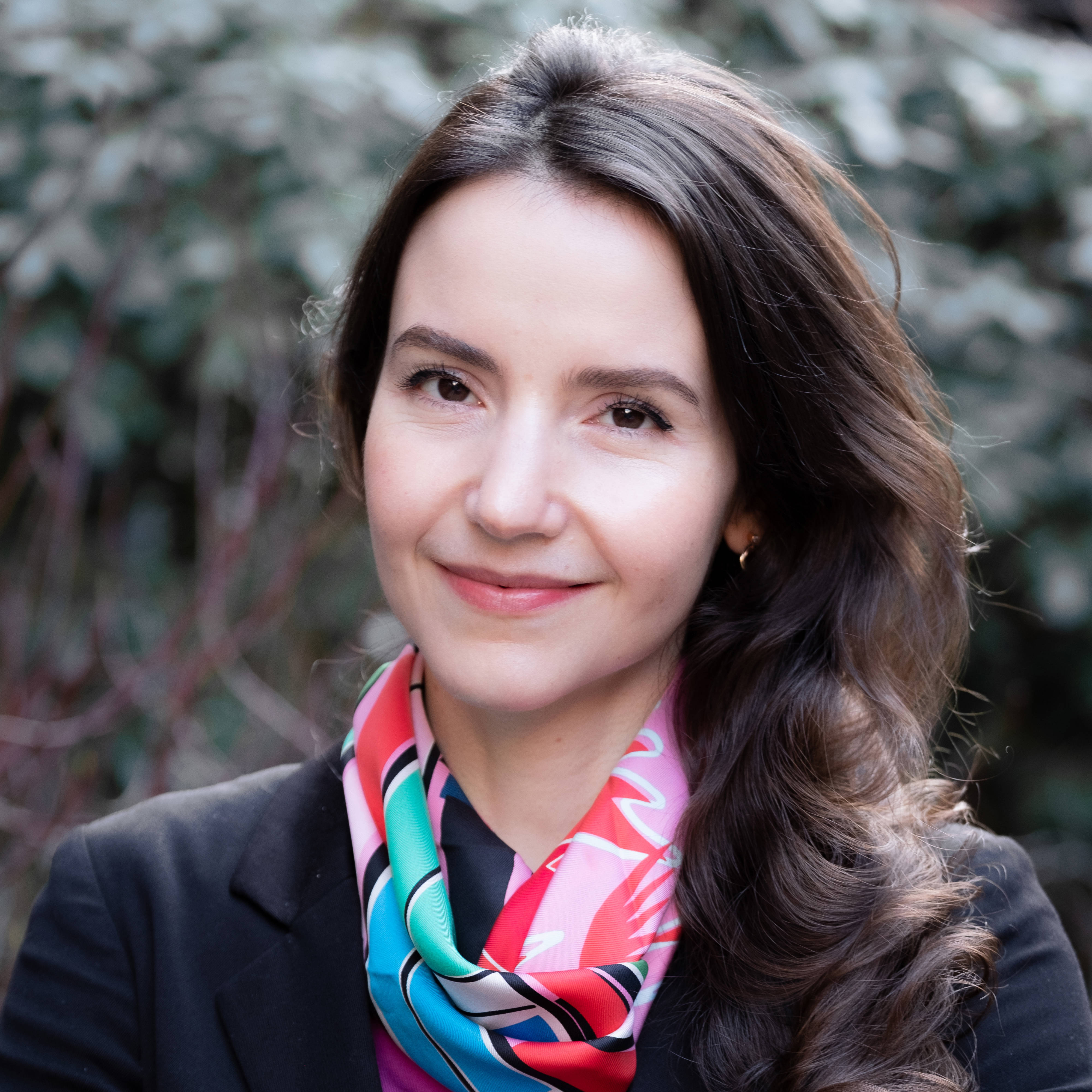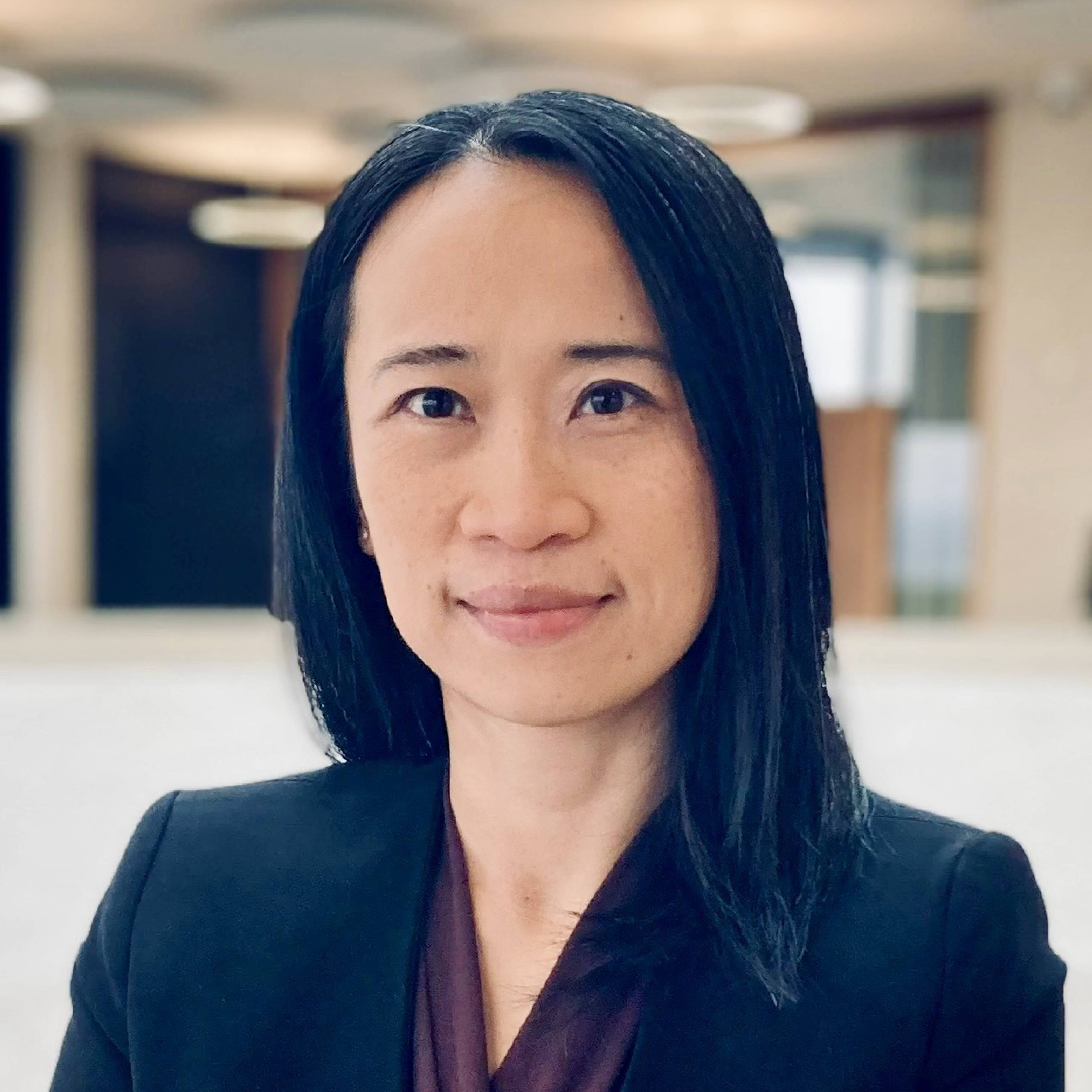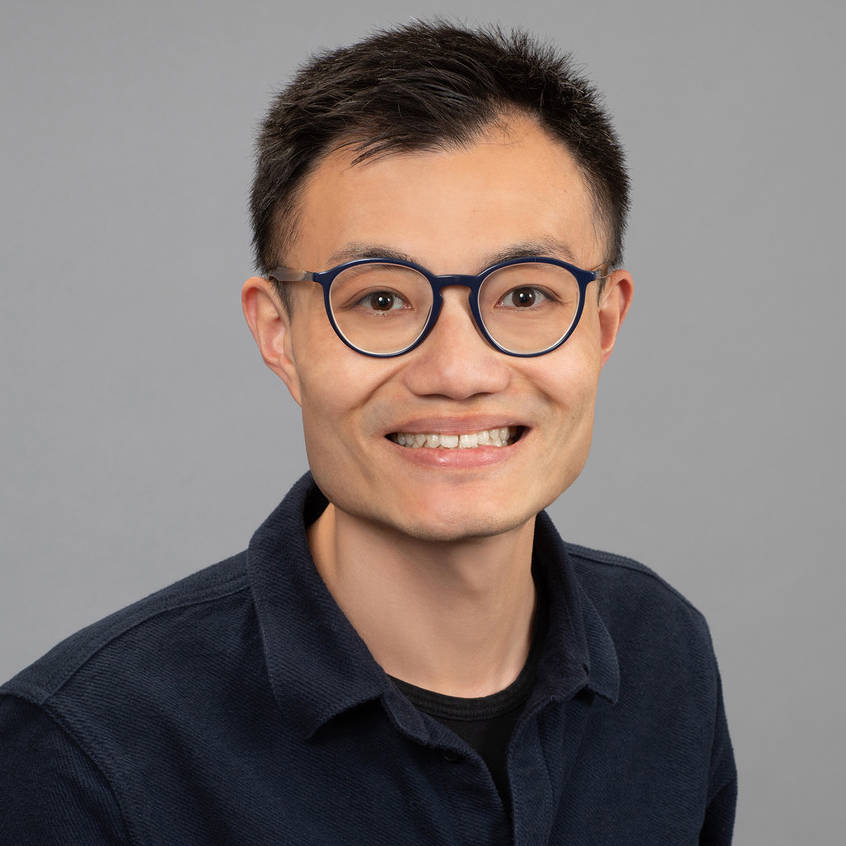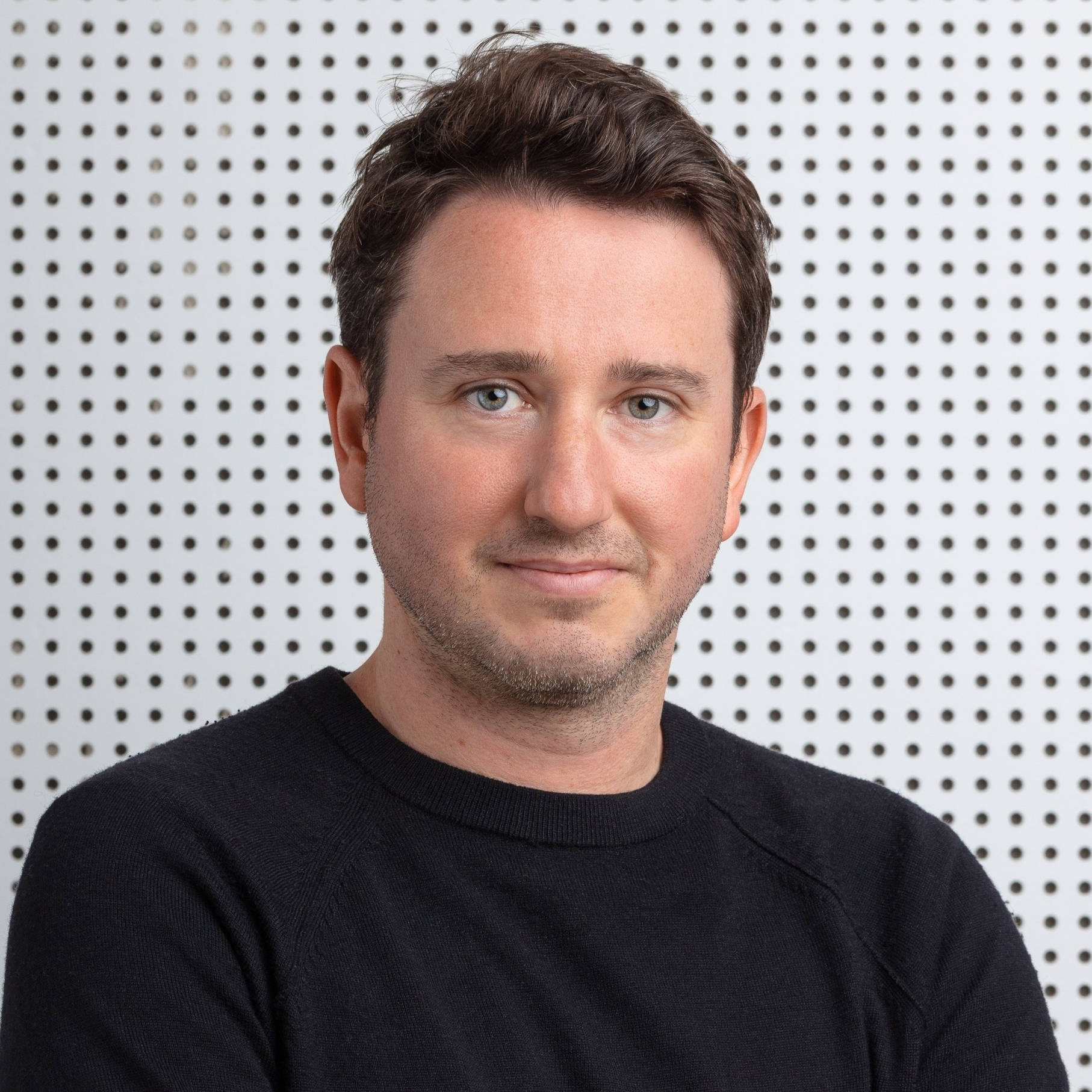| Recognizing Voices Who Will Shape the Future of Global Discourse |
| Alberto Alemanno | Alberto Alemanno, Professor of European Union Law at HEC Paris and visiting professor at the College of Europe in Bruges and Natolin, is Founder of The Good Lobby and one of the leading voices on the democratization of the European Union. He was named Young Global Leader by the World Economic Forum, Social Innovation Thought Leader by the Schwab Foundation on Social Entrepreneurship, Ashoka fellow, European Young Leader by Friends of Europe, and one of the 40 most powerful influencers in the European Union by Politico Europe. He is the author of many books, including Lobbying for Change: Find Your Voice to Create a Better Society (Icon Books, 2017). |
| Nurul Izzah Anwar | Nurul Izzah Anwar, Co-Founder and Deputy President of Malaysia’s People’s Justice Party, is a social-policy activist, public servant, and a former member of the Malaysian parliament. |
| José Azar | José Azar, Assistant Professor at the University of Navarra and Research Associate at IESE Business School, is a Research Affiliate at the Centre for Economic Policy Research and a member of Economics for Inclusive Prosperity. Specializing in antitrust and corporate governance, he studies the implications for competition of the rise of common ownership of companies by large and diversified asset managers. |
| Mehrsa Baradaran | Mehrsa Baradaran is Professor of Law at the University of California, Irvine, specializing in financial law and inequality. She is the author of How the Other Half Banks: Exclusion, Exploitation, and the Threat to Democracy (Harvard University Press, 2015), The Color of Money: Black Banks and the Racial Wealth Gap (Harvard University Press, 2017), and, most recently, The Quiet Coup: Neoliberalism and the Looting of America (W.W. Norton & Company, 2024). She has been involved in progressive financial policymaking and drafting legislation aimed at banking the unbanked and closing the racial wealth gap.
|
| Grace Blakeley | Grace Blakeley, a former research fellow at the Institute for Public Policy Research, is a staff writer at Tribune Magazine and the author of several books, including Vulture Capitalism: How to Survive in an Age of Corporate Greed (Bloomsbury Publishing, 2024) and The Corona Crash: How the Pandemic Will Change Capitalism (Verso, 2020). |
| Julia Cagé | Julia Cagé, Professor of Economics at Sciences Po and Research Fellow at the Centre for Economic Policy Research and CESifo, is the recipient of a European Research Council starting grant for her five-year project titled Campaign Finance, Information and Influence: A Comprehensive Approach Using Individual-Level Data and Computer Sciences Tools. In 2023, she received the Best Young French Economist Award. She is the author of Saving the Media: Capitalism, Crowdfunding, and Democracy (Éditions du Seuil, 2015; Harvard University Press, 2016), which was awarded the Special Jury Prize for Best Book on Media at the Prix des Assises, and the co-author (with Thomas Piketty) of A History of Political Conflict: Elections and Social Inequalities in France, 1789-2022 (Éditions du Seuil, 2023; Harvard University Press, 2025). |
| Laura Carvalho | Laura Carvalho is Director of Economic and Climate Prosperity at the Open Society Foundations and Associate Professor of Economics at the University of São Paulo. Her research focuses on the intersection between macroeconomics and development economics, particularly the relationship between economic growth and income inequality. She wrote a weekly column for Folha de São Paulo, Brazil’s largest newspaper, and is the author of Valsa Brasileira: do boom ao caos econômico (Todavia, 2018). |
| Vasco M. Carvalho | Vasco M. Carvalho, Professor of Macroeconomics at the University of Cambridge and Director of the Janeway Institute, is a fellow at the Alan Turing Institute, the Centre for Economic Policy Research, and Jesus College, Cambridge, as well as a member of the European Economic Association Council. He is the recipient of the 2014 Wiley Prize in Economics, the Philip Leverhulme Prize, and several European Research Council grants. |
| Alice Evans | Alice Evans is a Senior Lecturer in the Social Science of Development at King’s College London. Her research focuses on social norms and why they change, and the drivers of support for gender equality. She is the author of the forthcoming The Great Gender Divergence (Princeton University Press), which examines why all societies have become more gender equal, and why some are more equal than others. |
| Marina Halac | Marina Halac, Professor of Economics at Yale University, is a co-editor of Econometrica and a fellow of the Econometric Society, the Society for the Advancement of Economic Theory, the Centre for Economic Policy Research, and the Academia Nacional de Ciencias Económicas in Argentina. She is a former director of the Cowles Foundation for Research in Economics and has been awarded several prizes for her research and teaching, including the American Economic Association’s Elaine Bennett Research Prize. |
| Chin-Hao Huang | Chin-Hao Huang is Associate Professor of Political Science and Co-Chair of the International Affairs Program in the Lee Kuan Yew School of Public Policy at the National University of Singapore. His scholarship focuses on the intersection of international politics and regional security in Asia. He is the author of several books, including Power and Restraint in China’s Rise (Columbia University Press, 2022), which received honorable mention in the T.V. Paul Best Book in Global International Relations Award. |
| Aziz Huq | Aziz Huq is Professor of Law at the University of Chicago Law School and an associate professor in the University’s Sociology department. Before teaching, he represented civil liberties claimants with the Brennan Center for Justice, worked for the International Crisis Group in Afghanistan, Nepal, Pakistan, and Sri Lanka, and served as a law clerk for Judge Robert D. Sack of the US Court of Appeals for the Second Circuit and Justice Ruth Bader Ginsburg of the Supreme Court of the United States. He is the author of many books, including How to Save a Constitutional Democracy (University of Chicago Press, 2018) (with Tom Ginsburg), The Collapse of Constitutional Remedies (Oxford University Press, 2021), and The Rule of Law: A Very Short Introduction (Oxford University Press, 2024). |
| Oleg Itskhoki | Oleg Itskhoki, Professor of Economics at Harvard University and associate editor of the American Economic Review, is a fellow of the Econometric Society, a research associate at the National Bureau of Economic Research, and a research affiliate at the Centre for Economic Policy Research. |
| Kate Kallot | Kate Kallot, Founder and CEO of Amini, an AI startup building the Global South’s data infrastructure, is Vice-Chair of the International Chamber of Commerce’s Global Environment and Energy Commission and a member of the EY.ai Global AI Advisory Council. She was named a TIME100 Most Influential People in AI in 2023 and One Young World’s Entrepreneur of the Year in 2024.
|
| Jonathan Levy | Jonathan Levy, Professor of History at Sciences Po, is the author of Ages of American Capitalism: A History of the United States (Random House, 2021) and The Real Economy: History and Theory (Princeton University Press, 2025). His future work will include a global history of money and a history of climate change focused on Houston, Texas.
|
| Gordon Liao | Gordon Liao is Chief Economist and Head of Research at Circle, a leading financial services firm building payment infrastructure for the internet. He is a research fellow at the Fintech at Cornell initiative and Co-Chair of the National Association for Business Economics Finance Roundtable. |
| Zongyuan Zoe Liu | Zongyuan Zoe Liu, Senior Fellow for China Studies at the Council on Foreign Relations, is Adjunct Assistant Professor of International and Public Affairs at Columbia University’s School of International and Public Affairs and the author of Can BRICS De-dollarize the Global Financial System? (Cambridge University Press, 2022) and Sovereign Funds: How the Communist Party of China Finances Its Global Ambitions
(Harvard University Press, 2023), which won the 2024 PROSE Award in Business, Finance, and Management. Her research focuses on international finance, sovereign wealth funds, industrial policies, and the geoeconomics of the energy transition.
|
| Hanno Lustig | Hanno Lustig is Professor of Finance at the Stanford Graduate School of Business and a senior fellow at the Stanford Institute for Economic Policy Research. His research focuses on debt sustainability in the United States and other developed economies. |
| Hanan Morsy | Hanan Morsy, Deputy Executive Secretary and Chief Economist at the United Nations Economic Commission for Africa, is a member of the G20 Africa Expert Panel established under South Africa’s G20 presidency. |
| Alaa Murabit | Alaa Murabit, a physician, is Founder of The Voice of Libyan Women and Board Chair of Girls Not Brides. She is a Harvard Radcliffe Fellow, World Economic Forum Young Global Leader, TIME100 Most Influential Person, and a former Sustainable Development Goals Advocate. Her work has mobilized over $25 billion in health, sustainability, and security financing, expanding healthcare access, advancing gender equity, and strengthening global security frameworks. |
| Shruti Rajagopalan | Shruti Rajagopalan, a fellow at the Classical Liberal Institute at New York University School of Law, is a senior research fellow at the Mercatus Center, where she leads the Emergent Ventures India program, and Innovation Fellow at Schmidt Futures. She is the host of the podcast Ideas of India and writes about Indian political economy and culture on Substack at Get Down and Shruti.
|
| Ingrid Robeyns | Ingrid Robeyns holds the Chair in Ethics of Institutions at the Ethics Institute at Utrecht University and is a visiting professor at the Center for Analysis of Social Exclusion at the London School of Economics and Political Science. She is the author of Limitarianism: The Case Against Extreme Wealth (Astra House, 2024). |
| Quinn Slobodian |
Quinn Slobodian, Professor of International History at the Frederick S. Pardee School of Global Studies at Boston University and Co-Director of the History & Political Economy Project, is a member of the Board of Editors of the American Historical Review and the author, most recently, of Hayek’s Bastards: Race, Gold, IQ, and the Capitalism of the Far Right (Zone Books, 2025).
|
| Matias Spektor | Matias Spektor is Professor of Politics and International Relations and Founder of the School of International Relations at Fundação Getulio Vargas. His research focuses on international security in the Global South, including climate geopolitics and political violence. |
| Stefanie Stantcheva | Stefanie Stantcheva, Professor of Economics at Harvard University, is Founder and Director of the Social Economics Lab. Her research focuses on the taxation of firms and individuals, as well as how people understand, perceive, and form their attitudes toward public policies. |
| Yeling Tan | Yeling Tan, Professor of Public Policy at the Blavatnik School of Government at the University of Oxford, is a nonresident senior fellow at the Peterson Institute for International Economics and the author, most recently, of Disaggregating China, Inc.: State Strategies in the Liberal Economic Order (Cornell University Press, 2021). |
| Qiyuan Xu | Qiyuan Xu, a senior fellow at the Chinese Academy of Social Sciences, is the author of many books, including Reshaping the Global Industrial Chain: China’s Choices. His research focuses on China’s macro economy, US-China trade relations, reforms of the international monetary system, and global supply-chain dynamics. |
| David Y. Yang | David Y. Yang is Professor of Economics and Director of the Center for History and Economics at Harvard University. His research focuses on the forces of stability and changes in authoritarian regimes, the political economy of technology, and data-driven geopolitics. |
| Lea Ypi | Lea Ypi, Professor of Political Theory at the London School of Economics and Political Science, is Honorary Professor of Philosophy at the Australian National University and a permanent fellow of the Wissenschaftskolleg zu Berlin. She is the author of many books, including Indignity: A Life Reimagined (Farrar, Straus and Giroux; Allen Lane, 2025) and Free: Coming of Age at the End of History (Penguin, 2022), which won the 2022 Royal Society of Literature Ondaatje Prize, the Slightly Foxed Best First Biography Prize, and the Ridenhour Book Prize. |
| Gabriel Zucman | Gabriel Zucman, Professor of Economics at the Paris School of Economics and École normale supérieure, is Summer Research Professor of Economics at the University of California, Berkeley, Founding Director of the EU Tax Observatory, and a co-author (with Emmanuel Saez) of The Triumph of Injustice: How the Rich Dodge Taxes and How to Make Them Pay (W. W. Norton & Company, 2019). |

